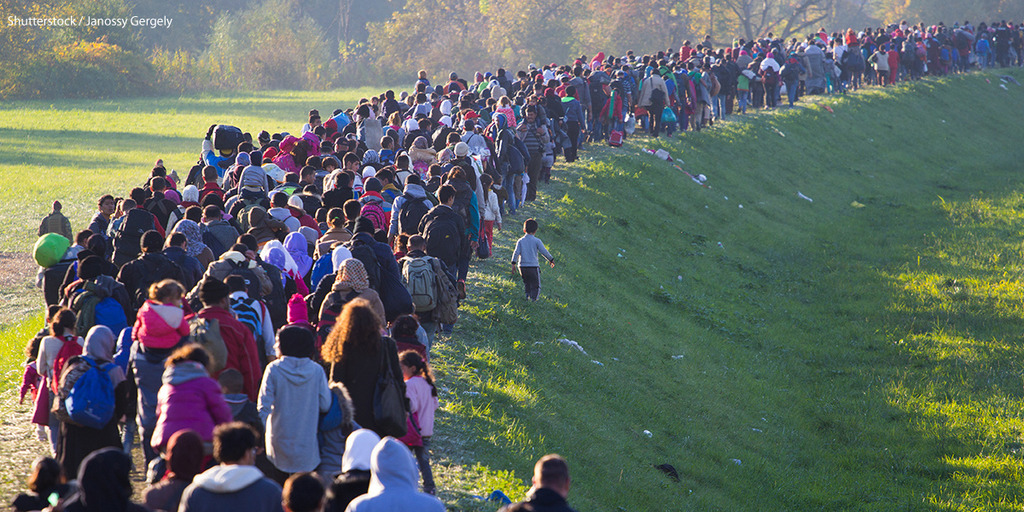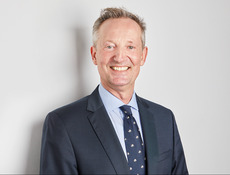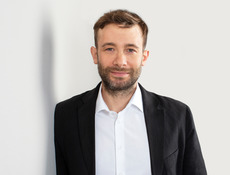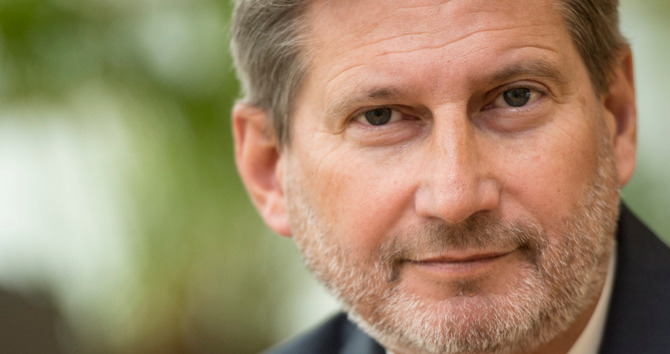
Shutterstock / Janossy Gergely
Displacement's vicious circle: combating the causes, offering practical help
They leave their families behind and set forth on what are often life-threatening journeys towards an uncertain future: Why are more and more people from Africa, Asia and Southeastern Europe leaving their native countries? It's an issue we researched together with international experts. The goal was to develop ideas for combating the underlying causes of displacement and assisting people in Europe.
According to figures released by the United Nations, there were over 65 million displaced persons in 2015. That means the number of refugees has doubled in the last 10 years. In that time, more and more people have left areas subject to armed conflict and made their way to Europe. That, in turn, has resulted in a heated debate within the EU over how to respond to the influx. Yet why do people leave their native country to begin with and head off to an uncertain future? What are living conditions like in the refugees' home countries and how can we respond to the situation there? Those are the questions addressed by 25 authors from Africa, Asia and Europe in our new book "Escaping the Escape". We are presenting the collaborative volume today at the Munich Security Conference.
As the book's authors make clear, the most pressing causes of migration and displacement –war, persecution, economic deprivation and a lack of development opportunities, among others – can only be addressed in countries of origin. They also highlight an issue that many in Europe prefer to ignore: Most refugees do not make it to the EU, but live instead in inadequate conditions in developing African or Middle Eastern countries. For example, more than 400,000 people are housed at one overcrowded site alone: Dadaab, the world's largest refugee camp, located in Kenya. In Lebanon, refugees make up 30 percent of the population and, in Jordan, half of the native population has Palestinian roots, meaning they once fled the Palestinian Territories or are descendents of those who did. In contrast, refugees account for less than 1 percent of the overall population in Germany.
"We must integrate refugees into our society, although that only treats the symptoms. We must also combat war and persecution in the refugees’ native countries."
Aart De Geus, Chairman and CEO of the Bertelsmann Stiftung
One of the main responses the authors call for is better coordination of the European Neighbourhood Policy since, among other outcomes, it ensures that human rights are respected and that democratic structures and groups receive support. According to Aart De Geus, Chairman and CEO of the Bertelsmann Stiftung, as it strives to achieve security and stability the EU must not barter away the freedom and civil rights of people living in countries of origin. In order to overcome the challenges resulting from global migration, the EU must promote cooperation instead of national self-interest, De Geus believes, since that is the only way Europe will remain an effective player in the 21st century.
From Afghanistan to the Ukraine: Also have a look on our special website to the book with detailed country analysis and charts about the migration routes, youth unemployment and political transformation in African and Asian states.





